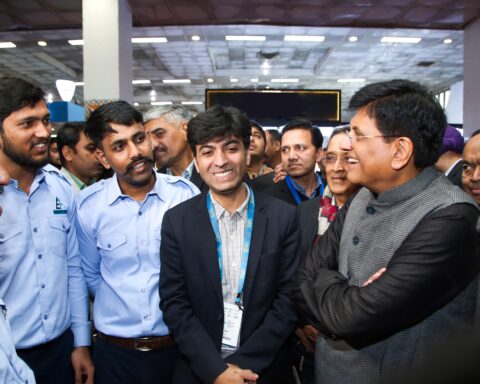1 min read
NEC Launches New PLM Software Product Obbligato III R4.1

Tags:
- Delhi
- nec company
- nec corporation annual report 2014
- nec corporation annual report 2015
- nec corporation bloomberg
- nec corporation businessweek
- nec corporation careers
- nec corporation full form
- nec corporation india
- nec corporation investor relations
- nec corporation japan
- nec corporation reviews
- nec epabx
- nec gate academy
- nec india career
- nec india private limited new delhi
- nec technologies inc
- nec technologies india private limited noida
- necam india
- nippon electric company india
- uttar pradesh





